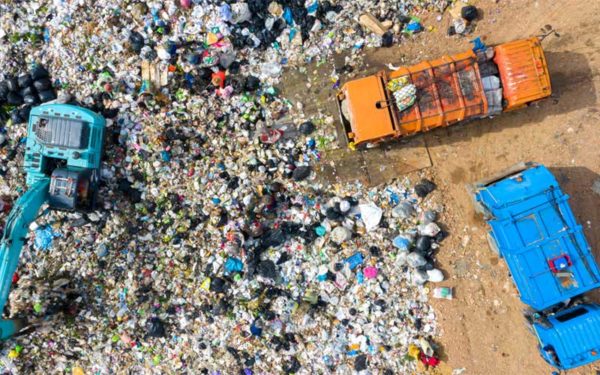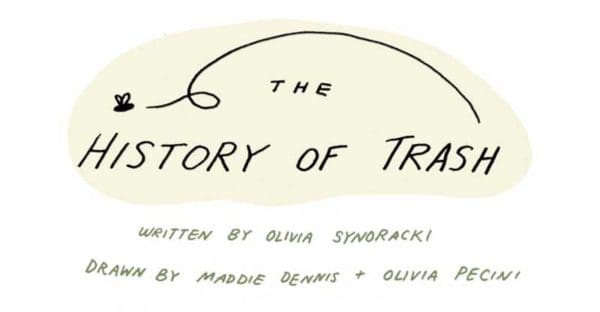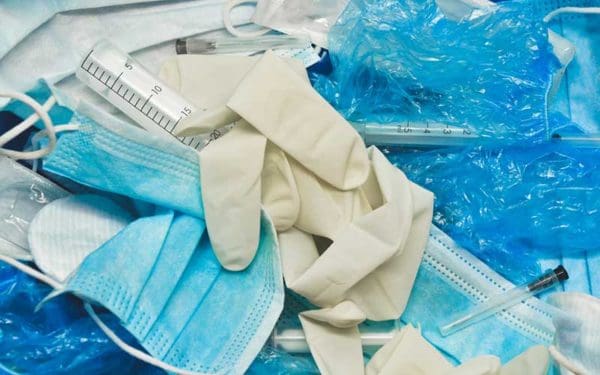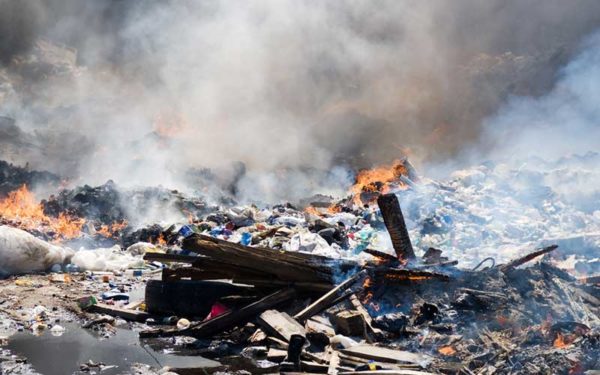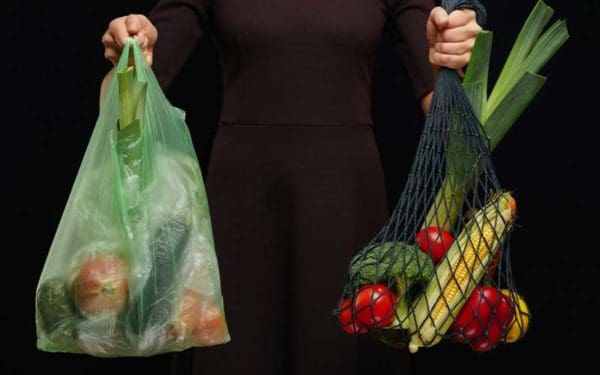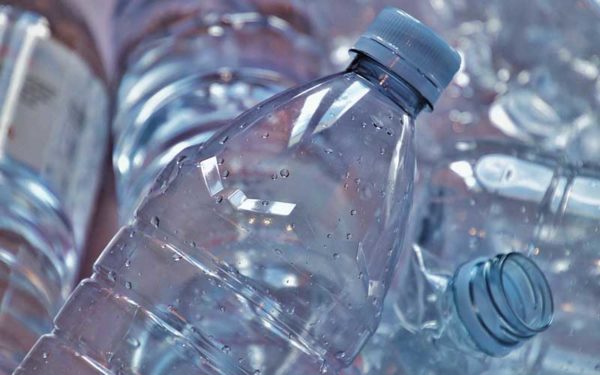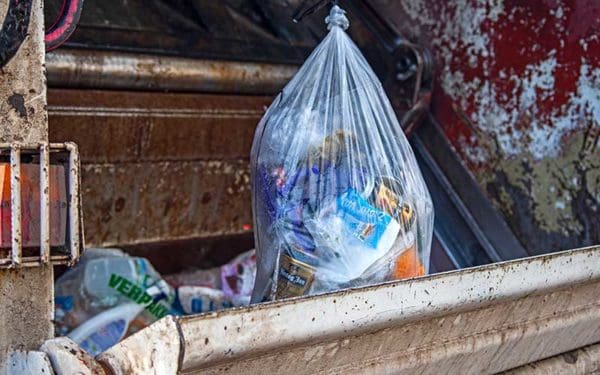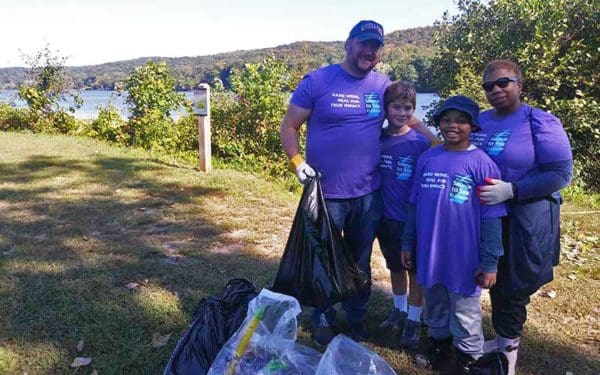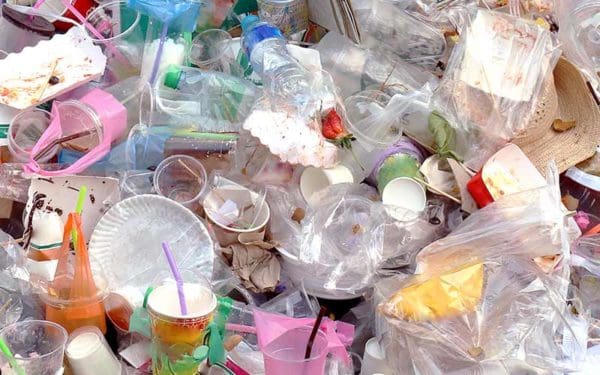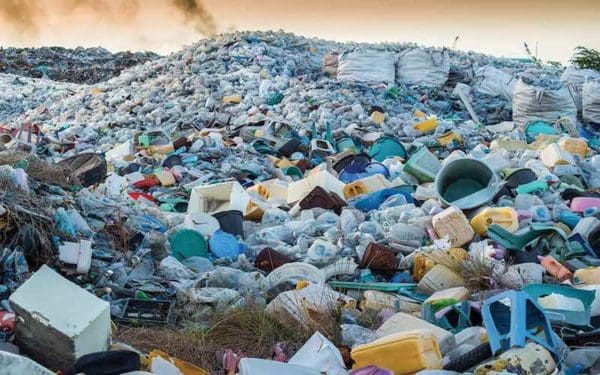Sep 10, 2020
Burning and burying our trash leads to carbon pollution. We need to phase out these old, polluting incinerators and landfills and replace them with zero-waste alternatives. By doing so, we can help lower climate-damaging emissions and protect our communities and the environment.
Jul 20, 2020
Humans have been producing trash for generations. But how we dispose of it hasn’t improved in ages. By implementing zero-waste policies, we can begin to redesign our waste systems and produce less trash – while also protecting our environment and our communities.
Jun 16, 2020
A proposed medical waste facility in West Warwick would collect and burn waste from healthcare facilities across New England. But we have a responsibility to protect the health and safety of our communities and environment. Now is not the time for Rhode Island to become the region’s dumping ground for toxic medical waste.
Jun 15, 2020
The waste industry claims that their so-called “waste-to-energy” technologies can help combat the climate crisis by reducing climate-damaging emissions. But these claims are misleading and inaccurate. Burning trash to create energy will not solve the climate crisis or our growing waste problem.
Jun 10, 2020
The plastic industry has been trying to take advantage of the pandemic to maximize profits. But fueling fear during a public health crisis is outrageous and must be called out. To truly protect public health and the environment long-term, we need full-scale reuse systems.
Jun 09, 2020
At the outset of the COVID-19 pandemic, staffing concerns caused many New England states with bottle return programs to temporarily stop enforcing collection requirements at grocery stores, supermarkets, and liquor shops. Connecticut was among the states pressing pause on bottle bill enforcement. But as of May 20, the state’s Department of Energy and Environmental Protection (DEEP) has reinstated bottle collection requirements at these retail sites.
May 12, 2020
Under cover of the pandemic, the waste industry is trying to demolish critical environmental protections. In April, the waste industry and Vermont’s Department of Environmental Conservation asked the legislature to delay Vermont’s food scrap ban and trash recyclables, all under the guise of protecting the health of workers amid the COVID-19 pandemic. But they appear to be part of a push from waste industry groups to use the crisis to advance their own agenda in several New England states.
Mar 11, 2020
My first day on the job as Connecticut River Conservancy’s newest River Steward was a whirlwind – literally. We got an early morning start with our friends at the U.S. Fish & Wildlife Service for a windy trip up and down the Connecticut River on their airboat. As we came to our first stop and dismounted the boat, I was shocked and disappointed to see the amount of plastic bottles and nips littering Connecticut’s shoreline.
Feb 26, 2020
“Plastic producers have been given a free pass to pollute our communities for far too long at taxpayer expense,” said John Hite, Zero Waste Policy Analyst at CLF. “Single-use packaging has upended recycling and filled our oceans, communities, and landfills with plastic pollution. LD2104 will require packaging companies to deal with the mess they’ve made and create products that don’t wreak havoc on our recycling systems and environment.”
Feb 11, 2020
“Fossil fuel companies have created the plastic crisis at our expense,” said Brad Campbell, President of Conservation Law Foundation. “Beyond littering our streets and waters, plastic production harms human health, destroys our climate and hobbles the budgets of cities and towns. This groundbreaking federal legislation will hold these large corporations accountable in cleaning up the damage they’ve done.”
